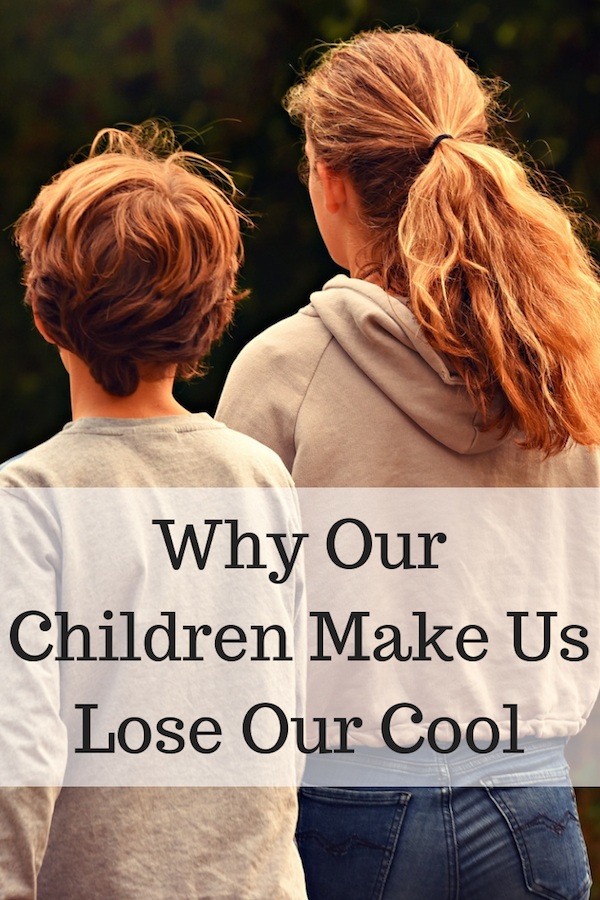
Jokes about having a favorite kid will continue for centuries to come. That’s because typically, there will be one (or more, depending on how many you are) that will have the unbanning ability to anger you. However, even the mild-mannered child will anger at one point or another. Getting angry with your child doesn’t make you a bad parent, it makes you human. It often happens when we already have things pressing from us on all sides, and their behavior is contributing to the stress.
Knowing there’s nothing wrong with you
Snapping at your child will happen, but when it does, don’t dwell on the guilt. Think back to the time your child did something you considered mean, ungrateful or irresponsible, but you were calm. How did you handle it? When not stressed, parents can deal with the deeds better than other times. That though does not mean that you’re justified to always get angry at them when they do something just because you’re having a rough day. Remember during such days that you’re in control of your emotions.
Get above their level
Lashing out is a sign that there are unhealed areas in our life primarily from childhood. If you’ve seen a parent yelling at their child, or we, find that, from the outside looking in, we are behaving like children. Children can trigger our emotions, but ultimately the choice to react solely rests on us. Though this sounds easy, a helpful practice to cultivate is to look beyond your child’s actions and determine what it is about what they did set you off in the first place.
Understanding the basis of anger
As mentioned, triggers are what cause us to overreact. Another reason is that our kin has the power to hurt us more than anyone else on the planet. A real estate lawyer can be rude, and though you’ll get annoyed, the feeling won’t linger as it would if a child or parent did the same to you. Therefore it is the bond with our children that cause us to take things more personally than we probably should.
Why is that? Based on what is known as “ghosts in the nursery,” a psychoanalytic analysis that looks at the emotional baggage we are unknowingly carrying. The awareness of this phenomenon also helps in revising, healing and changing narratives that keep us hostage from our childhood well into adulthood. It is in doing so that we ensure that we don’t perpetuate generational cycles that are unhealthy.





Leave a Reply